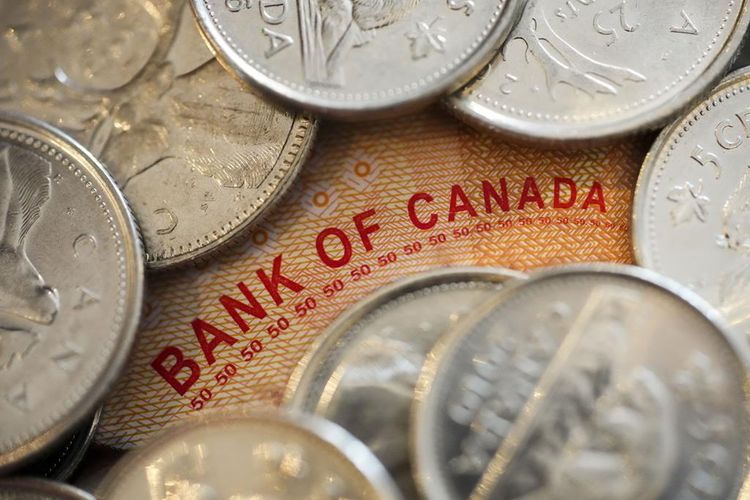Canada's Economists Recommend Higher Interest Rates

The Canadian economy is doing well. Economists wonder if the Bank of Canada will increase its interest rate. It may not happen this week.
On Wednesday, the central bank will announce its decision. New data this week showed that the Canadian economy is still growing, even with the highest interest rates since 2007.
Canada's economy grew by 3.1% in the first quarter, according to Statistics Canada. This was higher than the forecasted growth rate of 2.5%.
Preliminary estimates from the federal agency suggest that the economy continued to grow in April. Even the real estate market, which was hit first by the interest rate increase, seems to have regained strength.
Some economists say the current growth puts the Bank of Canada in a tough spot. They have always said that slowing down the economy is necessary to get inflation to the target of 2%. But the slow down hasn't happened yet.
Everyone is watching to see how the Bank of Canada will respond to recent data and the strength of the economy.
James Orlando, the director of economic services at TD Bank, asked how well the Bank of Canada had predicted these new data that contradict the idea of an economic slowdown.
He says the data suggests growth is returning, not slowing down. Consumer spending went up in Q1.
Canada's economic growth contradicts last year's predictions of a recession due to rising interest rates. Some economists wonder if the Bank of Canada will increase its key rate in July.
Mr. Orlando says increasing the rate next week isn't very sensible.
Jimmy Jean, the Chief Economist at Desjardins, thinks that the Bank of Canada might hold off on increasing their interest rate until summer. It would give them enough time to check the inflationary pressures.
He says we'll barely escape, but he thinks she'll want to collect more data.
The Bank of Canada said earlier this year that they were taking a break from raising their key interest rate. They had been increasing it since March 2022. The Governor, Tiff Macklem, said this pause would let them see how the rate hikes affected the economy.
The board of directors talked about possibly raising the interest rates in April. They considered the economic growth as a reason to do so.
In the end, the board decided to keep the pause. Mr. Macklem warned that the Bank of Canada might be more likely to raise the interest rate rather than lower it.
The Bank of Canada is concerned about the strength of the job market in Canada. The unemployment rate remained at 5% in April, which is the fifth consecutive month. It's 0.1 percentage points higher than last summer's record of 4.9%.
April salaries increased by 5.2% compared to last year, even higher than the rise in cost of living. This makes it difficult for the Bank of Canada to fight inflation due to low unemployment rates and current wage increases.
The inflation rate is at 4.4%. It has been going down since last summer and is expected to continue. M. Jean is worried about inflation and thinks that Canada is not yet safe from it. The data shows this.
The Bank of Canada is not happy with the current state of basic inflation. The situation is not good.









